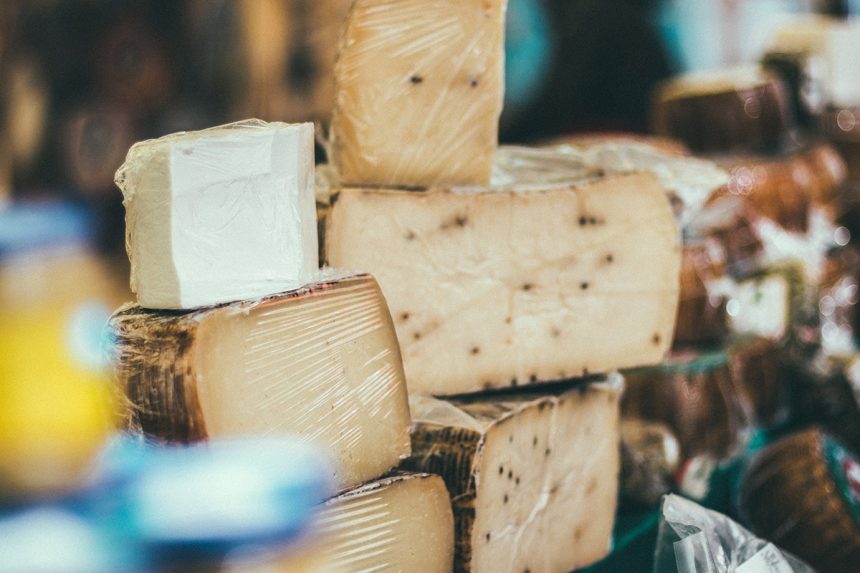With all the misinformation on the internet, it’s sometimes hard to know what foods are good for us and what are not. Are eggs healthy? What about cheese? When faced with questions like these, it’s a good idea to turn to the results of scientific studies.
In 2013, a journal called General Dentistry published a study about the effect of cheese on teeth. There were 68 participants in the study. The subjects had to chew cheese, milk, sugar-free yoghurt or paraffin in their mouths for three minutes. The researchers then measured the pH of the subjects’ mouths ten, twenty, and thirty minutes later.
The findings showed that subjects who had chewed cheese had a significant decrease in the acidity of their mouths. In contrast, the subjects who had eaten yoghurt, milk and paraffin had no change in their mouth’s pH level.
These findings suggest that cheese could be good for your teeth. This is because a low acidity level in the mouth helps prevent tooth erosion.
How does pH affect tooth erosion?
The normal pH of the mouth is neutral to slightly acidic. This is a perfect pH for our mouths because it’s neither too acidic nor too alkaline. Around neutral is just right.
However, when we eat acidic foods, such as lemons, cranberry juice and alcohol, they lower the pH level of the mouth.
A low pH is bad for our teeth because it damages our teeth’s enamel, which is our teeth’s protective outer layer. We need our enamel to be strong because it guards against bacteria and everyday wear and tear.
How does cheese protect teeth?
Cheese is actually an acidic food; typical cheese has a pH of 5. Yet the study in 2013 found that cheese neutralises somehow acidity instead of contributing to it. The researchers thought that saliva could be the reason. When we chew cheese, our mouths produce saliva, a pH-neutral substance that neutralises acidity.
Calcium and phosphorus
The study didn’t investigate the additional benefits of cheese, such as its high calcium content. For example, 100 g of whole milk mozzarella contains 500 mg of calcium , which is already half of the recommended daily requirement.
Calcium is important for healthy teeth. When the body doesn’t have enough calcium, it uses the calcium stored in our bones and teeth. This means when you have a calcium deficiency, it’s your bones and teeth that suffer. So, it’s important to get enough calcium in your diet.
Cheese is also high in phosphorus, a mineral that keeps teeth healthy by promoting their absorption of calcium.
Conclusion
According to the study, not only is cheese a good substitute for sugary snacks like biscuits and sweets, it also helps to prevent cavities by reducing acidity in the mouth.
Do exercise restraint though: cheese can be bad for you when not eaten in moderation. Cheese is very high in saturated fat, which raises cholesterol in the blood and increases the risk of heart disease. As with anything in life, you can have too much of a good thing.


